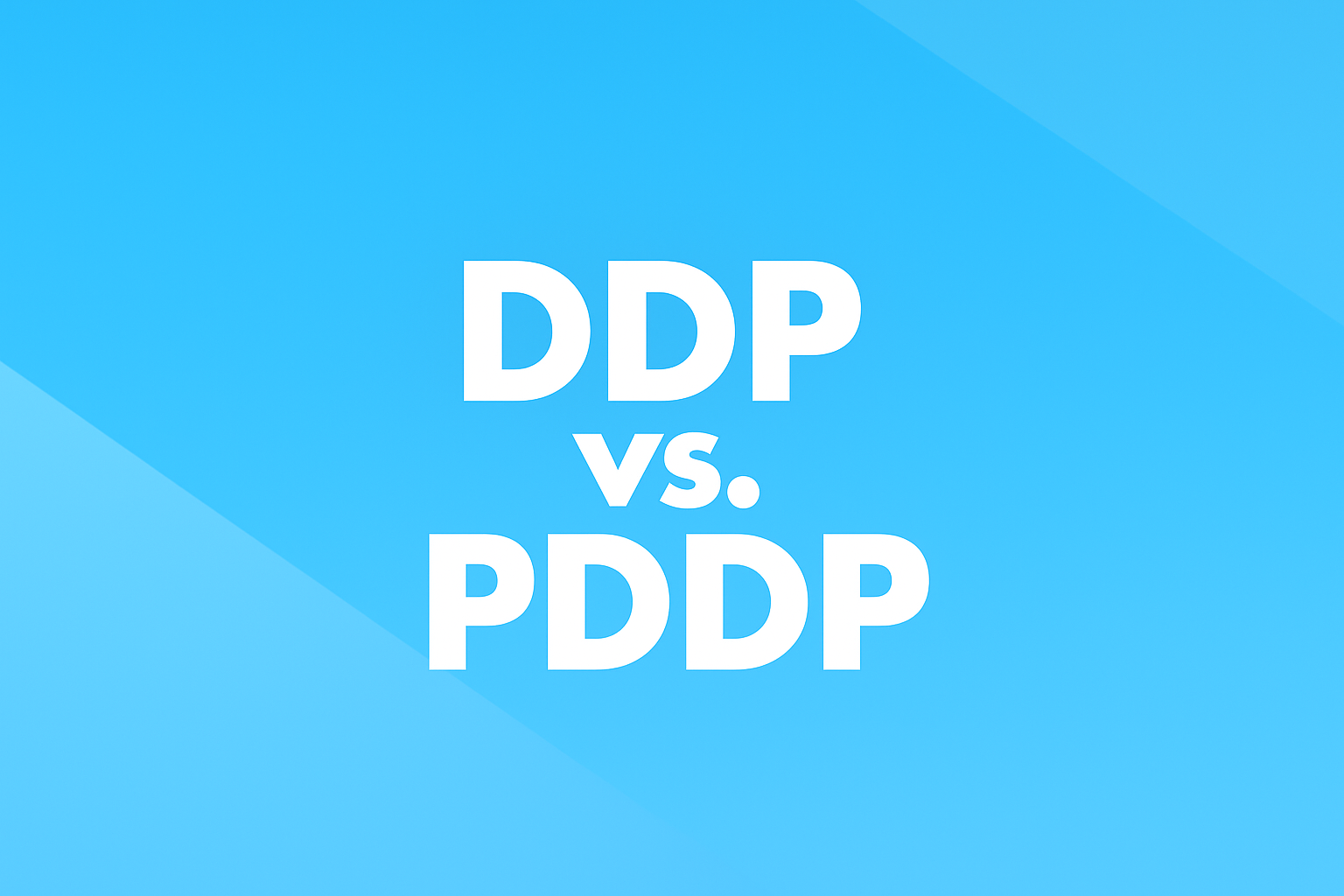- Shiptheory

Top Sustainability Tips for eCommerce Brands
In the ever-bloating world of eCommerce, it's becoming more and more vital for online retailers to take a look at their environmental impact. Consumer habits have changed to such an extent that it's now borderline impossible to ignore - customers like sustainable brands.
Being a 'sustainable brand' can sound daunting - you start to imagine rising costs, huge changes in your processes...but this doesn't have to be the case. Small changes to your business strategy can start to help you have a positive impact, and the good thing is you can make changes to almost any area of your business for this.
We've consulted our network to come up with some tips for every stage of the buyer journey, to show you how easy it is to start your journey to becoming a more sustainable business. Whatever your business, there should be some ideas here to help reaffirm your commitment to sustainability.
Eco-Friendly Packaging
From product packaging to waste in the warehouse, eCommerce has the potential to be incredibly wasteful. Unnecessary single use plastics, huge amounts of paper for picking lists in the warehouse, packaging waste...there's tons of areas that you could probably take the steps to resolve.
At Shiptheory we work with a number of brands who have made sustainability a cornerstone of their brand. One such customer is Jimmy's Iced Coffee, who opted for cans - shown in the Shiptheory vending machine below - due to worries over the environmental impact of plastic bottles.
The decision to switch to 'infinitely recyclable' aluminium cans was made after Jim Cregan, the founder of Jimmy's, found a washed up bottle cap whilst surfing, and realised it could've been from his product.

You can read more about the Jimmy's story in our case study here, but the bottom line is Jimmy's saw the opportunity and made the switch. Not only can Jimmy's be pleased with their new sustainable practices, they also have a great narrative to accompany it.
Sustainable Materials
Sustainable packaging may be the most obvious material-based change you can make, but there are options across other areas of your business too. One example for this is with your shipping labels.
Picture a role of sticky labels that goes in your label printer. Half of that is waste, and due to the chemical coating, it's not even recyclable paper. GBF is a company striving to reduce this waste by producing 'linerless labels' - essentially, shipping labels that have no waste associated with them.
Tom Sellors of GBF had the following to say about their foray into making eCommerce more sustainable:
"For years there has been talk around the important role that Labelling and Packaging has to play in regard to the environment. We’re now seeing innovation in the industry driven by an almost exponential interest from clients asking for packaging solutions that are as sustainable as they possibly can be.
Our own response to this is our Linerless labelling solution. It is not only cost effective, but more importantly removes the need for waste backing liner going to either landfill or incineration – it really is a no brainer in particularly logistics and ecommerce environments."
Green Logistics
Once your product leaves the warehouse, you have a huge opportunity to cut your carbon emissions depending on your choice of carrier. Whether as a choice or your one and only carrier, offering customers a chance to send their package with a green carrier is a great way to show off your eco-credentials.
There are a couple of different forms that a green carrier can come in. Some carriers, such as DPD, are introducing vehicles powered by renewable energy. DPD has recently sped up plans, switching their target from 25 to 30 electric towns and cities by 2025 due to the success of their current rollout.

Other carriers were founded purely on the basis of being sustainable. One such carrier in Shiptheory's list of integrations is HIVED, who describe themselves as an 'innovative mass-market parcel delivery network fit for the 21st century.'
“Sustainable delivery is quickly becoming the new standard, and at HIVED we are proud to be building an emission-free parcel delivery network that is simultaneously affordable and provides fantastic customer experience.
As such, we are able to help companies massively reduce their carbon footprint and deliver on growing customer expectations that retailers take greater action when it comes to sustainability and the environment.” - Jack Follett, Growth Lead at HIVED
As a retailer, offering customers the option for sustainable shipping is a huge indicator of your commitment to sustainability, and a really obvious way to start reducing your carbon emissions.
Carbon Offsets
Carbon offsetting, at its core, is paying a premium on a purchase you make, and that extra money is invested in green initiatives to improve your carbon footprint. Whilst this approach receives some criticism due to not changing any existing processes that may be unsustainable, it's definitely a move in the right step for businesses who can't afford to completely revamp their processes.
At Shiptheory, we're about to release a feature enabling our customers to pay a little extra on their shipments to offset the carbon footprint of their deliveries. This will enable retailers to make some steps towards a greener offering without completely switching up their carrier line-up.
Our friends at ShipperHQ offer live shipping rates during the checkout process, so we asked them about the importance of having add-ons at your checkout to appeal to a wider range of customers:
"There is a common misconception that shipping is about labels and logistics, but in reality its impact starts in the cart. From delivery dates to affordable shipping rates and convenient options, customers expect a lot once they reach your checkout.
Shipping information, more often than not, is what causes them to take pause — or abandon their cart altogether. Investment in the shipping experience in checkout can help increase trust and loyalty, and shape demand."
What this comes down to is flexibility. Due to the competitiveness of the eCommerce market, anything you can add to sweeten your offering is one less reason for your customers to drop off at the checkout stage. Its worth investing in as many options as you can to ensure you can compete in the market.
Keep 'em keen...go green!
The bottom line is this. Whether you're a business that's dedicated to the environment with local, sustainable products, or a huge multinational shipping anything and everything - it's never a bad idea to show your customers how you're trying to cut your carbon emissions.
Wider flexibility across the board can increase the appeal of your business and its brand. Hopefully you can take some inspiration from some suggestions we've made here today. Stay tuned to the Shiptheory blog and socials for more green eCommerce content, and the announcement of our new carbon credits offering!






